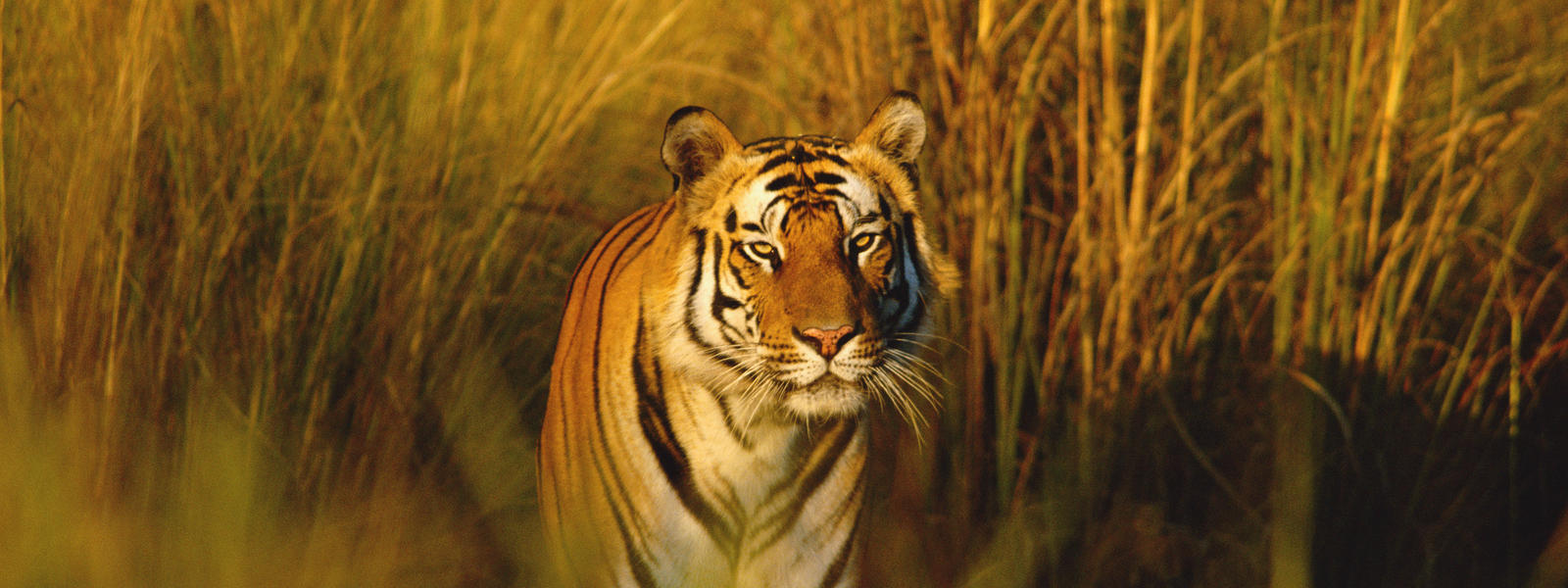This week I want you to pick your favorite endangered species. Please try not to pick repeats, so look at what other students have already picked before you pick yours.
1. First, change your Google + profile picture to a picture of the endangered species
2. Title your blog post with a song title or lyrics that are fitting for your species.
What would be their walk-up song if they were a baseball player?
3. In your blog post, explain why you picked this endangered species
4. Make a list with the Status, Population, Scientific Name (should be in italics), and habitat
Below is my example with the Bengal Tiger: (so the tiger is picked so you need to pick another species)
"The Eye of the Tiger"
Despite my love for the sea turtle, I had to pick the Bengal Tiger for my endangered species. Not only is the Bengal Tiger our school mascot, but it is also one of the most beautiful large cat species. A group of tigers is known as an "ambush" or a "streak." Perhaps we should change the name of the Central Crazies to the Central Ambush?
It's the eye of the tiger
It's the thrill of the fight
Rising up to the challenge of our rival
And the last known survivor
Stalks his prey in the night
As the official MLB baseball season draws to a close today, I think "The Eye of the Tiger" is the absolute perfect walk up song for my favorite school mascot. Especially the line about the last known survivor is fitting knowing how this majestic species is disappearing in the wild.Status: Endangered
Poplulation: More than 2500 (mostly in zoos)
Scientific Name: Panthera tigris tigris
Habitat: Dry and wet deciduous forests, grasslands, temperate forests and mangrove swamps.
Below are two links that will help you find Endangered Species
https://www.worldwildlife.org/species/directory?direction=desc&sort=extinction_status
https://www.fws.gov/endangered/



